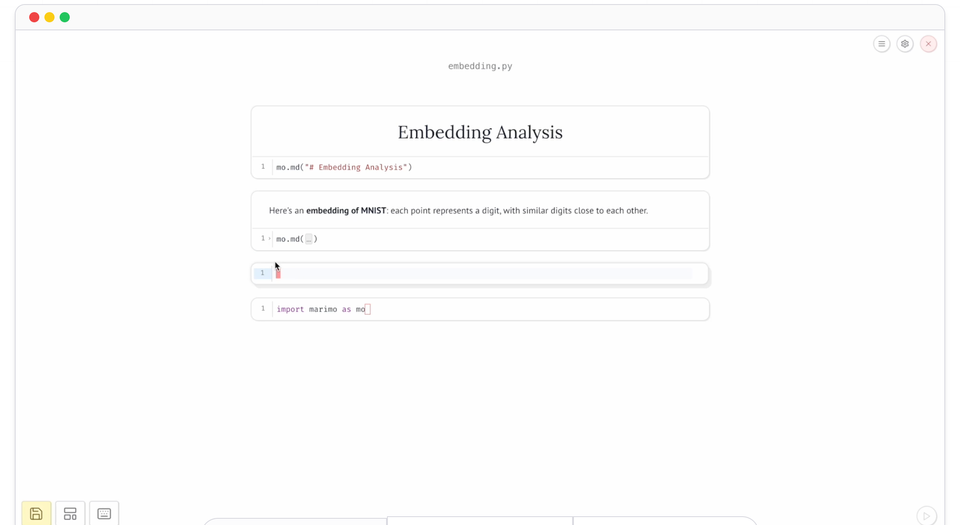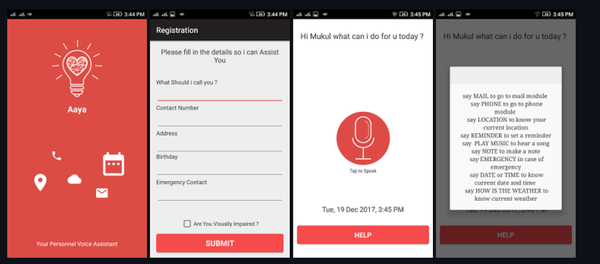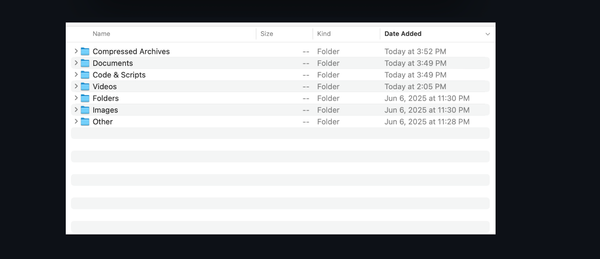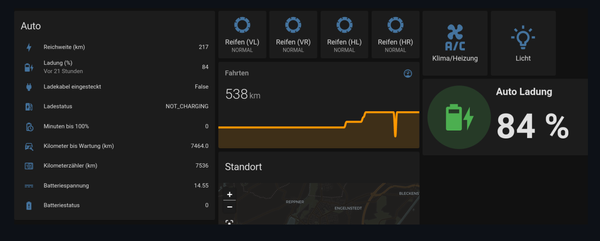marimo The next Gen Python Notebook for Scientists, Engineers and Developers with Native AI support
Marimo: The Next-Gen Python Notebook for Developers & Data Scientists
Table of Content
A Python notebook app (like Jupyter, or Google Colab) is an interactive coding environment that blends code, text, visualizations, and outputs into a single document.
Unlike traditional scripts, notebooks let you run code in chunks (cells), making them perfect for exploration, prototyping, and sharing insights.
But wait,
Python notebooks just got a major upgrade. Meet marimo, a reactive, AI-native, and Git-friendly notebook that’s shaking up how developers, data scientists, and engineers work with Python.
What is Marimo?
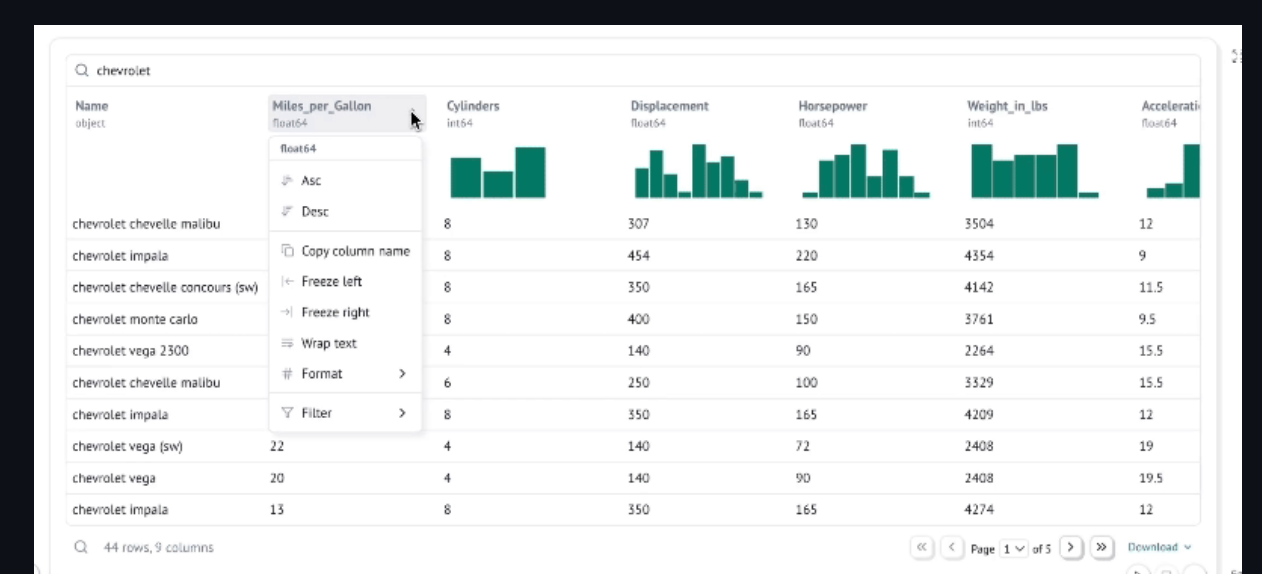
Marimo is an open-source alternative to Jupyter Notebooks, but with a modern AI-centeric twist:
- Reactive execution: Change a cell, and dependent cells auto-update (no more manual re-runs!)
- Pure Python files: Notebooks are stored as
.pyfiles (Git-friendly, reusable as modules) - AI-native coding: Built-in AI assistance (OpenAI, Gemini, Anthropic, Ollama)
- SQL & data tools: Query databases directly, manipulate dataframes interactively
- Deployable as apps: Turn notebooks into shareable web apps with one command
Key Features
1. Reactive Execution (No More Hidden State!)
- Automatically updates dependent cells when you edit code—no manual re-running.
- Eliminates "out-of-order execution" bugs (common in Jupyter).
2. Pure Python Files (Git-Friendly & Reusable)
- Notebooks are saved as .py files, making them:
- Version control-friendly (clean diffs, no JSON conflicts).
- Importable as modules (reuse functions across projects).
- Executable as scripts (run with CLI arguments).
3. Interactive Widgets (No Callbacks Needed!)
- Bind sliders, dropdowns, and tables directly to Python variables—no extra JavaScript or Streamlit-like callbacks.
- Great for dashboards, data exploration, and live demos.
4. Built-In SQL & Data Tools
- Query databases (Postgres, MySQL, DuckDB) directly in notebooks.
- Filter, search, and visualize dataframes interactively.
5. AI-Native Development
- Generate and edit code with AI (supports OpenAI, Gemini, Anthropic, and Ollama).
- Context-aware suggestions while coding.
6. Reproducible & Production-Ready
- Deterministic execution (same inputs → same outputs every time).
- Built-in dependency management (no more "works on my machine" issues).
7. Deploy Anywhere (From Notebook to App in Seconds)
- Export as standalone HTML/WASM (runs in any browser).
- Serve as interactive web apps (like Streamlit, but without extra setup).
- Run as parameterized scripts (for automation and pipelines).
8. Modern Coding Experience
- VS Code-like editor with Copilot, vim keybindings, and debugging tools.
- Test with pytest (unlike traditional notebooks).
Why marimo Beats Jupyter & Streamlit
| Feature | Jupyter | Streamlit | Marimo |
|---|---|---|---|
| Reactive Updates | ❌ Manual re-runs | ✅ But needs callbacks | ✅ Auto-syncs cells |
| Git-Friendly | ❌ JSON files | ❌ Not a notebook | ✅ Clean .py files |
| Interactive Widgets | ✅ (with ipywidgets) | ✅ | ✅ (no callbacks) |
| SQL Built-In | ❌ Requires extensions | ❌ | ✅ Direct integration |
| AI Coding Help | ❌ | ❌ | ✅ Built-in |
| Deploy as Web App | ❌ | ✅ | ✅ (no extra code) |
Why Developers & Data Scientists Love It
For Developers
- No more hidden state (unlike Jupyter), marimo notebooks run deterministically.
- Version control-friendly, Small diffs, no JSON conflicts.
- Scriptable & reusable, Import notebook code into other projects.
For Data Scientists & Analysts
- Reactive UI widgets, Sliders, dropdowns, and interactive plots (like Streamlit, but inside a notebook).
- Built-in SQL cells, Query DuckDB, Postgres, MySQL, and more.
- AI-assisted coding, Get smart completions and explanations without leaving the editor.
For Engineers & ML Practitioners
- Reproducible environments – Notebooks can declare dependencies (works with
uv). - Deploy as web apps – Share analyses without requiring recipients to run code.
- Works with AI models – Built-in support for OpenAI, Gemini, and local LLMs (Ollama).
Who’s Using It?
marimo is already trusted by teams at Stanford, Mozilla AI, OpenAI, BlackRock, and more.
Final Verdict
If you’re tired of Jupyter’s hidden state, messy merges, and manual re-runs, marimo is the future. It’s Jupyter meets Streamlit meets Git-friendly Python scripts, all in one powerful notebook.
👉 Try it now:
pip install marimo
marimo tutorial intro
Or test it in the online playground.
Will marimo replace Jupyter? For many use cases, absolutely. 🚀

